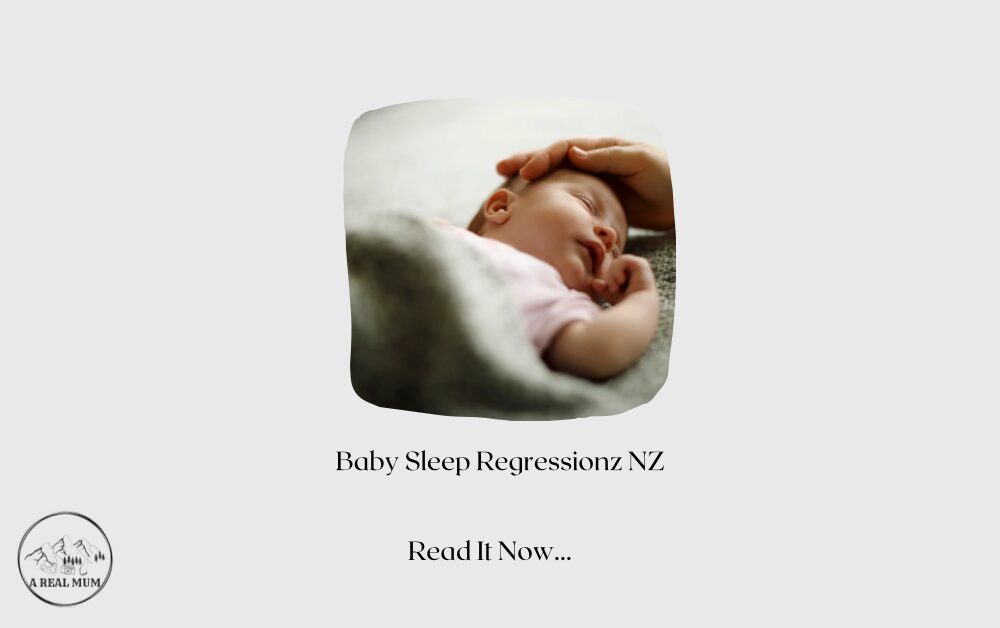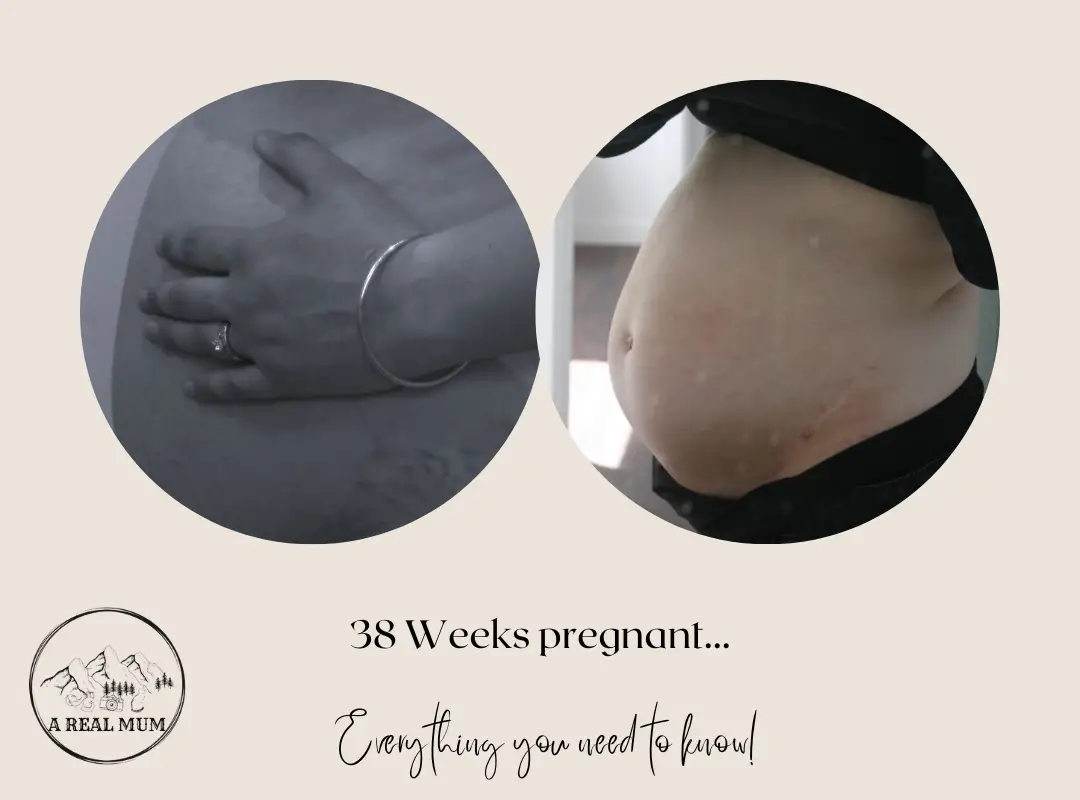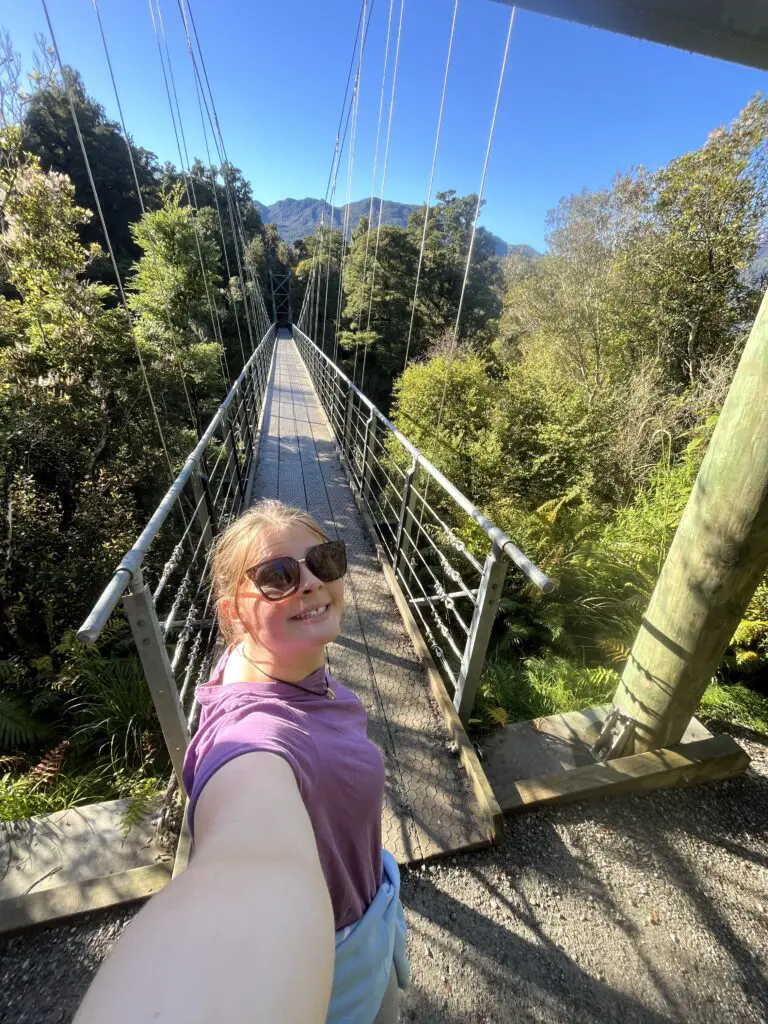Parenting comes with its share of challenges, and one of the most common hurdles new parents face is sleep regressions. For families in New Zealand (NZ), understanding baby sleep regressions and how to manage them can make a significant difference in navigating these tricky phases.
Whether you’re a first-time parent or seasoned with experience, this guide will help you understand baby sleep regressions in an NZ context and provide practical tips for managing them effectively.

What Are Baby Sleep Regressions?
Sleep regressions are periods when a baby’s sleep patterns temporarily change, resulting in more frequent nighttime waking, difficulty falling asleep, or shortened naps.
These regressions are typically linked to developmental milestones and growth spurts. While frustrating for parents, they are a normal part of a baby’s development.
When Do Sleep Regressions Happen?
Sleep regressions commonly occur at predictable stages during a baby’s first few years. The most common sleep regressions include:
- 4-Month Sleep Regression: Often the first and most challenging, this regression is linked to a baby’s developing sleep cycles. They transition from newborn sleep patterns to more adult-like stages of light and deep sleep.
- 6-Month Sleep Regression: Around six months, many babies experience disruptions as they start to develop motor skills like rolling over or crawling.
- 8-10 Month Sleep Regression: This period is associated with milestones such as crawling, standing, and separation anxiety.
- 12-Month Sleep Regression: Some babies experience a regression around their first birthday, often linked to learning to walk or transitioning from two naps to one.
- 18-Month Sleep Regression: This regression is often tied to teething, separation anxiety, or asserting independence.
- 2-Year Sleep Regression: Linked to developmental leaps, resistance to bedtime, and transitioning from a crib to a bed, this regression can be particularly challenging.
Why Do Sleep Regressions Happen?
Sleep regressions are a natural part of growth and development. They occur for several reasons:

- Brain Development: As babies learn new skills like rolling, crawling, or walking, their brains become more active, which can disrupt sleep.
- Separation Anxiety: Around eight to ten months, babies may become more aware of their surroundings and develop separation anxiety, making it harder to fall asleep without a parent.
- Teething: The discomfort of teething can disrupt sleep.
- Changes in Routine: Travel, illness, or changes in daily routine can trigger sleep regressions.
Signs of a Sleep Regression
It’s important to distinguish between sleep regression and other potential sleep issues. Signs of a sleep regression include:
- Increased nighttime waking
- Shortened or skipped naps
- Difficulty settling to sleep
- Increased fussiness or clinginess during the day
If your baby’s sleep issues persist beyond a few weeks, it may be worth consulting a pediatrician or sleep consultant to rule out underlying medical concerns.
How Long Do Sleep Regressions Last?
Most sleep regressions last between two to six weeks. The duration can vary depending on the baby and how parents manage the situation. Remaining consistent with routines and being patient are key to getting through these phases.
Managing Sleep Regressions: Tips for NZ Parents
While sleep regressions can be challenging, there are strategies to help your baby (and you!) navigate these periods with greater ease. Here are some practical tips:

1. Stick to a Consistent Routine
Babies thrive on routine, so maintaining consistent bedtime and nap schedules is essential. In NZ, with daylight hours varying throughout the year, consider using blackout curtains to create a dark, sleep-conducive environment, especially during the long summer evenings.
2. Create a Soothing Sleep Environment
Ensure your baby’s sleep space is safe, comfortable, and conducive to sleep. Use white noise machines or apps to drown out household noise, particularly in busy Kiwi households.
3. Focus on Daytime Sleep
Overtiredness can worsen sleep regressions. Prioritize naps during the day to ensure your baby is well-rested. If your baby struggles with naps, try babywearing or taking them for a walk in a stroller – a common practice among parents in NZ’s beautiful outdoors.
4. Be Patient with Milestones
If your baby’s regression is linked to a developmental milestone, give them time to practice their new skill during the day. For example, if they’re learning to crawl or stand, incorporate playtime to help them master these skills.
5. Respond, But Don’t Overdo It
It’s natural to want to comfort your baby when they wake up during the night, but be mindful of creating new sleep associations. Offer reassurance without picking them up immediately or feeding them unless necessary.
6. Seek Support
Sleep regressions can be exhausting, so don’t hesitate to ask for help. Many communities in NZ have parenting support groups where you can share experiences and get advice. If sleep challenges persist, consider consulting a certified NZ sleep consultant for tailored advice.
Local Resources for NZ Parents
Navigating sleep regressions can feel overwhelming, but NZ offers various resources to support parents:
- Plunket: Plunket’s Well Child services provide free advice and support for parents, including sleep tips.
- Parenting Helpline: Organisations like Parent Help NZ offer helplines for advice and support.
- Sleep Consultants: Many certified sleep consultants in NZ specialize in helping families manage sleep challenges.
- Online Communities: Join NZ-based parenting forums or Facebook groups to connect with other parents experiencing similar challenges.
When to Consult a Professional

If your baby’s sleep issues persist beyond six weeks or are causing significant disruption to your household, it may be time to seek professional advice.
A pediatrician can rule out medical concerns such as reflux or allergies, while a sleep consultant can provide tailored solutions.
Our Top Tips For Parents Of Babies Having Sleep Regressions
- Sleep when they sleep where possible: You are going to be tired that is just unavoidable. Knowing that you need as much sleep as possible is important and sticking to routines of sleeping when they sleep will help.
The NZ Perspective: Cultural and Environmental Considerations
Parenting in New Zealand comes with unique cultural and environmental factors that can influence how you manage sleep regressions:
- Outdoor Lifestyle: NZ’s love for outdoor activities means many babies spend time outside. Fresh air and natural light can help regulate your baby’s circadian rhythm, promoting better sleep.
- Supportive Communities: Kiwi parents often rely on tight-knit communities for support. Don’t hesitate to reach out to friends, family, or local groups for help.
- Seasonal Changes: With NZ’s distinct seasons, adjusting sleep environments to accommodate temperature and daylight changes is crucial. Use breathable sleep sacks for warmer months and layer appropriately in winter.
The Light at the End of the Tunnel
Sleep regressions, while challenging, are temporary. With patience, consistency, and the right strategies, you can help your baby navigate these phases and develop healthy sleep habits.
Remember, every baby is different, and what works for one family may not work for another. Trust your instincts and seek support when needed.
By understanding baby sleep regressions in the NZ context and utilizing local resources, you can confidently tackle these disruptions and create a more restful environment for your entire family.





Leave a Reply